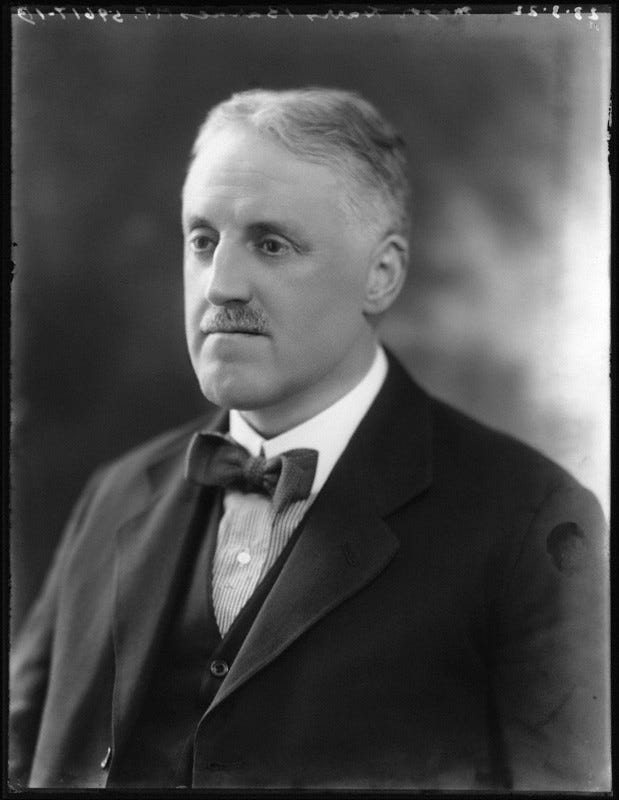1937 Historiography
Thoughts of a cancelled historian
A History of Historical Writing
Harry Elmer Barnes, 1937
This was an interesting book, from a period of American historical thinking that I’ll probably study in more detail in the future. It contained an interesting chapter about "The World War and the Clash of Nationalism with Scholarship". The author's contention was that the Great War deranged the otherwise objective perspective of academic historians with a "revival of patriotic enthusiasm". This was extreme in Europe, where French historians said things like, "Lying is the national industry of the Germans, their very system of government. It is on lies that the Hohenzollerns established the Prussian power, and later, for the benefit of Prussia, the German power." People as prominent as H.G. Wells helped produce anti-German propaganda. But even in the U.S., "The most obsessed of the historical war propagandists, William Roscoe Thayer, was elected president of the American Historical Association." The reason for the American derangement, the author said, was that "the United States was in no real danger of attack. In the absence of the actual sound of real cannon fire, the American mob had to be stirred up by a cannonade of fierce but fictitious rhetoric. Propaganda was indispensable for building up American morale and bloodlust." This is timely, since I'm reading a lot about propaganda, hegemony, and common sense right now. Barnes went on to say that "For nearly a decade after the war most of the men elevated to the presidency of the American Historical Association were those who had been conspicuous for their professional services to the Allies." This is an interesting charge, which he had apparently written more about in another book called In Quest of Truth and Justice in 1928. Barnes said:
In the United States, journalists were the first to criticize the official version of the causes of the World War and of our entrance into it. Such were the works of Francis Nielson, Albert Jay Nock and John Kenneth Turner. The first important historian to puncture the Entente myth was Sidney Bradshaw Fay, whose articles in the American Historical Review in 1920-21 aroused interest and consternation throughout the civilized world.
American writers have also attacked the traditional view of the entry of the United States into the World War. The ablest of such books are those by C. Hartley Grattan and Walter Millis. John Kenneth Turner's early hunches regarding the importance of economic, especially banking, interests in putting the United States into the World War have been amply vindicated on the basis of documentary material, especially that revealed by the Nye Committee...Alex M. Arnett has demonstrated the reality of the famous Sunrise Conference, and has shown that Wilson had decided to put this country into the war on the side of the Allies many months before the resumption of submarine warfare by Germany.
These are all interesting citations which I’ll pursue, since they have been thoroughly forgotten despite seemingly supporting the criticisms of the muckrakers. Part of the reason subsequent historians may have felt justified ignoring Barnes’ perspective was that he was later discredited for his holocaust denial and support of Germany in WWII. But Barnes published dozens of books, which suggests he had a certain degree of credibility in his day. Although, on the other hand, so did Dunning. Even so, some of these names warrant a closer look. Just because Barnes went too far in the end, doesn't mean he didn't have some elements of a valid critique.


